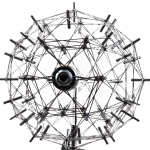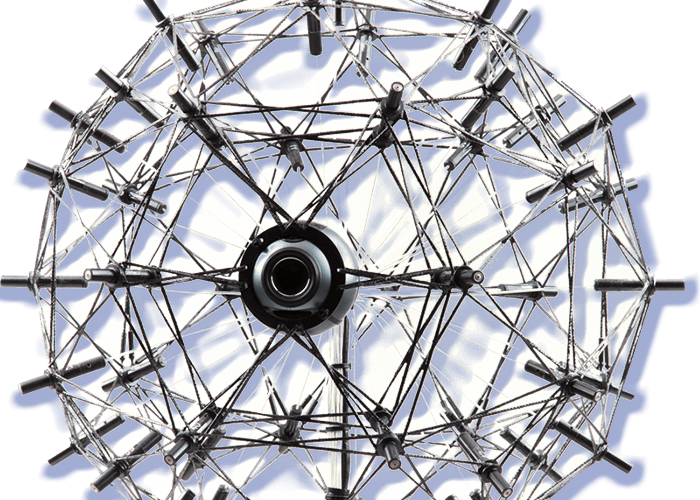
gfai: The Acoustic Camera
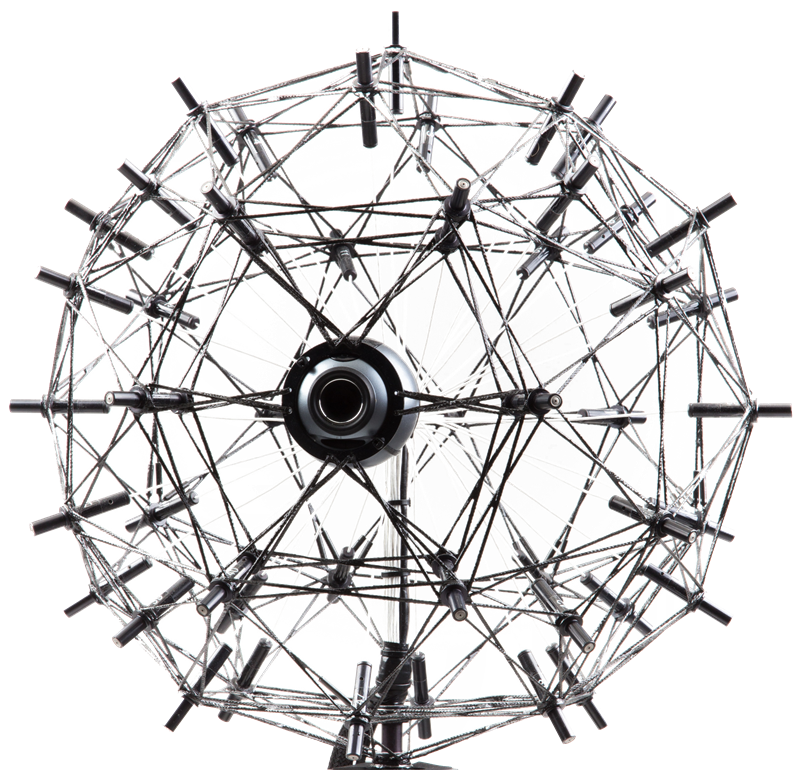
The Acoustic Camera
This is a system which makes sound visible. Loud zones will be colored in red and quiet zones will be colored in blue. This sound map will be overlaid with a digital camera picture and the combination of both pictures will show the sound sources.
„Classical“ Representation Forms
Furthermore they are expressive acoustic data und parameters available to analyse e. g. sound pressure level, effective values.
Productlines
Basically two Acoustic Camera productlines are available:
- Financially affordable for „everyone“
- An entry-level beamforming system
- Live streaming (the recorded data are transferred in real time from data recorders to the notebook and are displayed directly as live analysis)
- Very user friendly, simple operation, clear overview
- Small, portable and compact
- Shows sound sources quickly and reliably
- Support 32-bit and 64 bit operating systems
- Support multi-processors (2 -, 4 -, 8 – and 16-core)
- Export function to Matlab and Artemis
- Possibilities of batch calculations
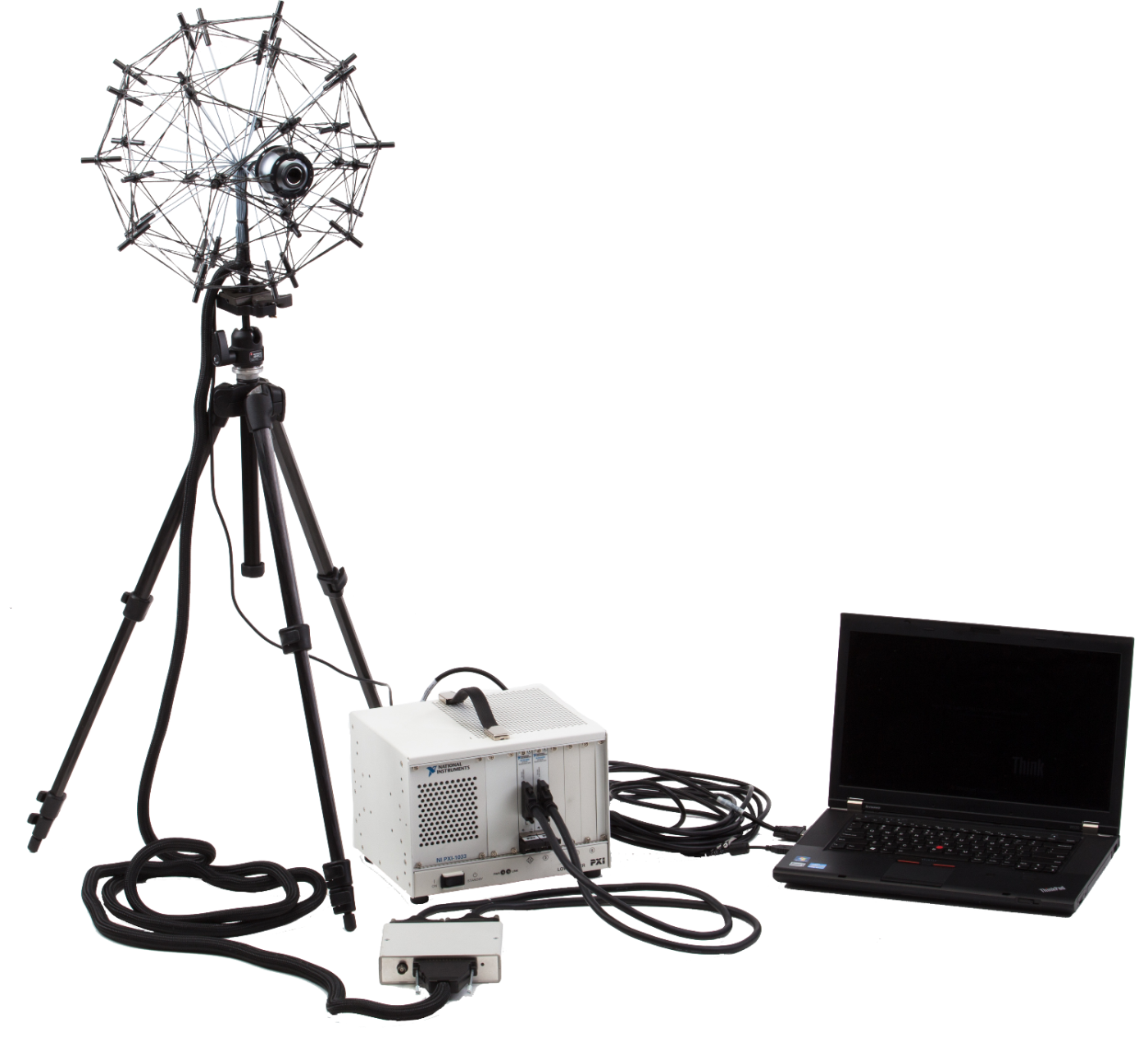
- In addition to AC-Easy features
- Universally applicable: under laboratory conditions (e. g. measurements in an anechoic chamber) and for free-field measurements (e. g. environmental noise from industrial plants) from small targets to large industrial complexes. Measuring distances of about 30 cm to more than 600 m.
- Modular design: subsequent upgrade to a higher input channel number (microphone input channels) or extensions of software modules
- Connection of ICP sensors to data recorder (e. g. accelerometers)
- Sampling frequency of 192 kHz per analog input channel, 24 bit
- Acoustic images from 15.000 up to 1 million real calculated pixels
- Very high time resolution for acoustic films (up to 192.000 frames / s)
- Order Analysis: display of the orders (e. g. engine orders) over the time period.
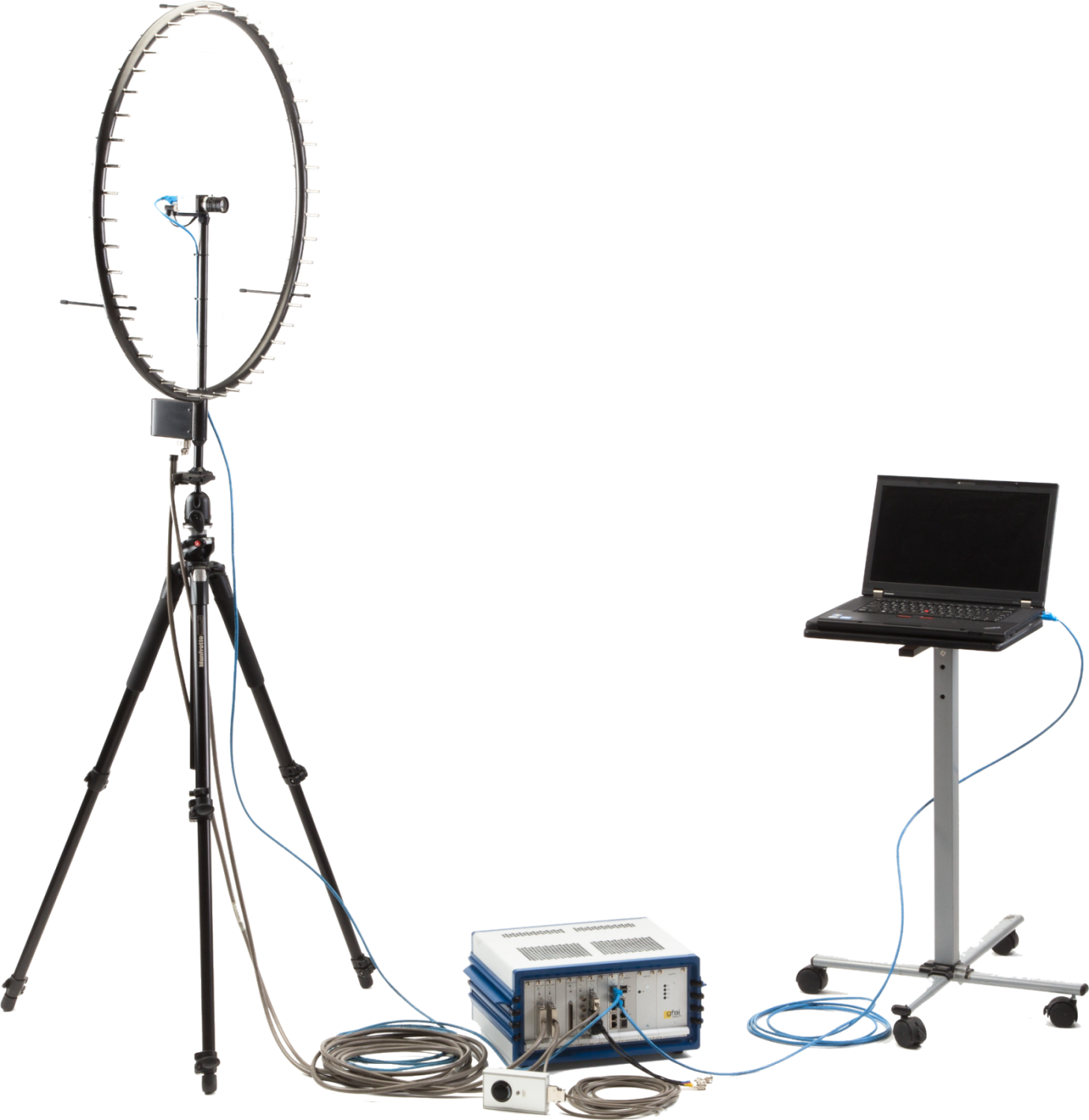
For both systems the NoiseImage software is the same. Even with AC-Easy you have the same user-interface and ease of use as with the high-end system. There are differences in the hardware in the data recorder (microphone input cards, digital inputs) and at the microphone array (type, shape and number of microphones).





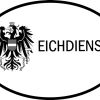 Verification
Verification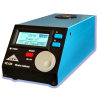 VC120: Vibration Calibration System
VC120: Vibration Calibration System